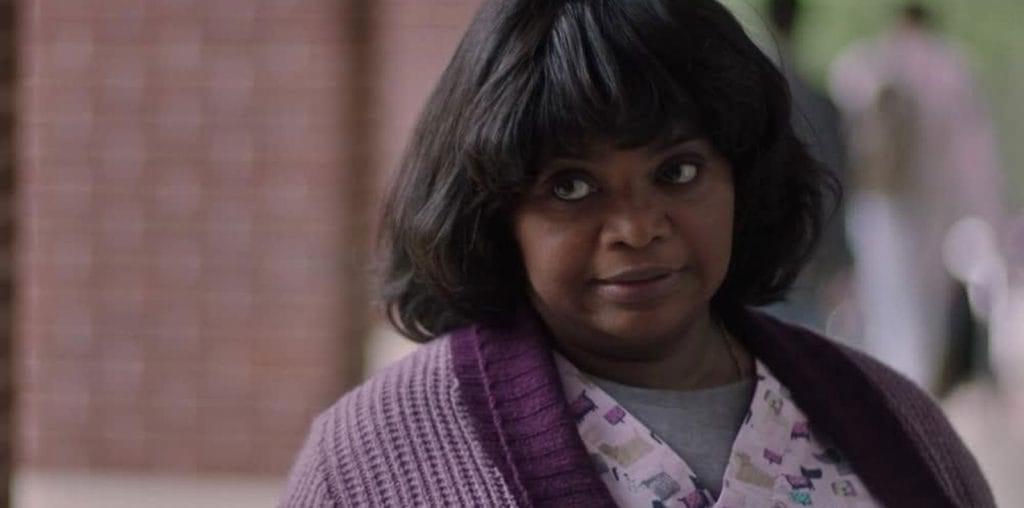
Forest Whitaker is an amazing actor. He does not possess the traditional leading man looks, but he is clearly overqualified in the leading man department. There is something about the way he carries himself that is intimidating, mysterious, intense and very likable all at once. His smile can disarm you and when he gets angry, he can send chills up your spine. It’s no surprise that Whitaker has established himself as a bankable director with films like “Waiting to Exhale” and the Sandra Bullock starrer “Hope Floats.” This guy can get into women’s heads like no other male director. Whitaker brings his understanding of the filmmaking process and his acting talent and teams up with writer/director Jim Jarmusch to create something truly special.
On the surface, “Ghost Dog” would appear to be a simple story – a professional killer who calls himself Ghost Dog (Forest Whitaker), lives his life according to the traditional codes of the samurai. After being hired to wax a member of a mafia crime family, he inadvertently reveals himself to the Don’s daughter played by Tricia Vessey, who becomes a witness to the murder. The two share a strange moment as she lends him her Rashomon book. Ghost Dog is then betrayed by the dysfunctional mafia family who hired him. The mafia goons intend to rub him out –permanently. This proves difficult as, well, Ghost Dog is not reachable by phone. In fact, his boss doesn’t even know where to find him. Dog uses carrier pigeons to send fortune cookie-sized messages to communicate with his mafia bosses. Ghost Dog doesn’t get paid by the job, he gets paid once a year, the first day of fall, in an annual tribute. In fact, they don’t really know what he looks like. He’s living the life of an ancient samurai in modern times.
Things get even more complicated as we learn that Ghost Dog is indebted to his “retainer” (boss) for saving his life years ago from a bunch of murderous thugs. The two are now turned against each other, on opposite sides but against their will. Dog tells his retainer “We’re like two ancient tribes, both almost extinct… and everything seems to be changing around us.”
Director Jim Jarmusch is in prime form. The action is smart and not overdirected like the kind we’re used to seeing come from big budget hacks like Michæl Bay. Genuine tension arises from every hit and the ways in which characters are offed is not what you’d expect. Jarmusch is known for creating clever and original ways of cinematically telling stories, for “Ghost Dog” Jarmusch displays the text from the code of the Samurai as Forest Whitaker reads it. (Ghost Dog lives by the codes of the eighteenth century warrior text “Hagakure: The Book of the Samurai”.) The device, while simple, lends a sense of calm and introspection. It is a highly effective character-defining device and gets us into the head of Ghost Dog. Jarmusch and Whitaker are masters at work proving once again that you don’t need a huge budget to tell a meaningful story.
